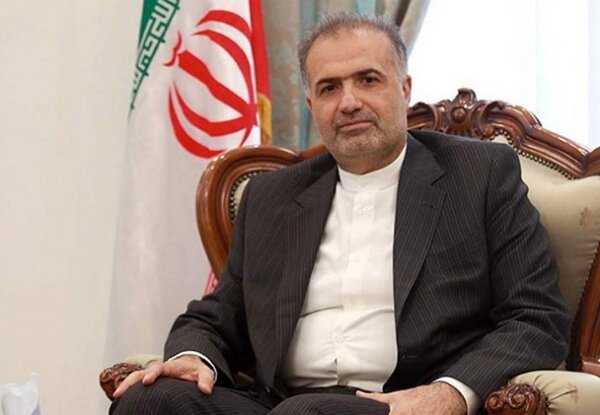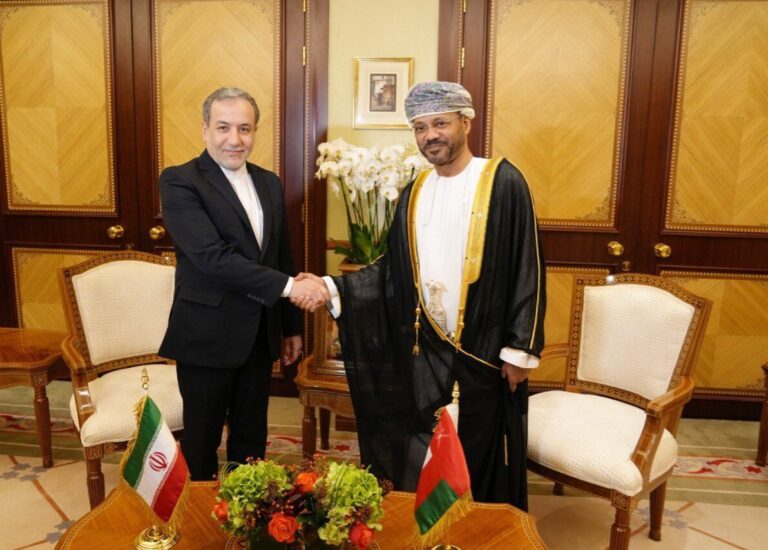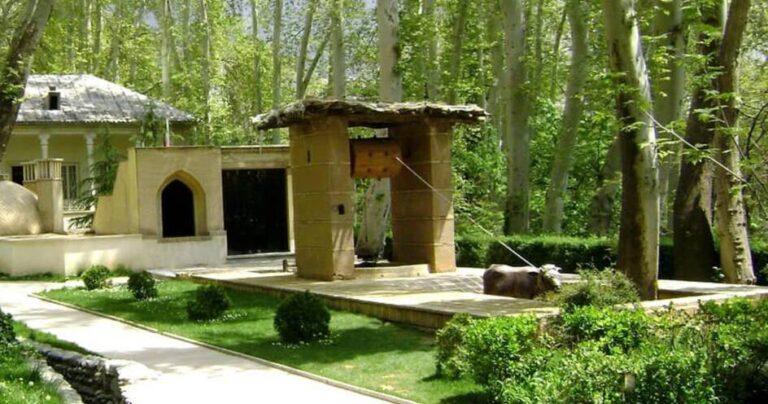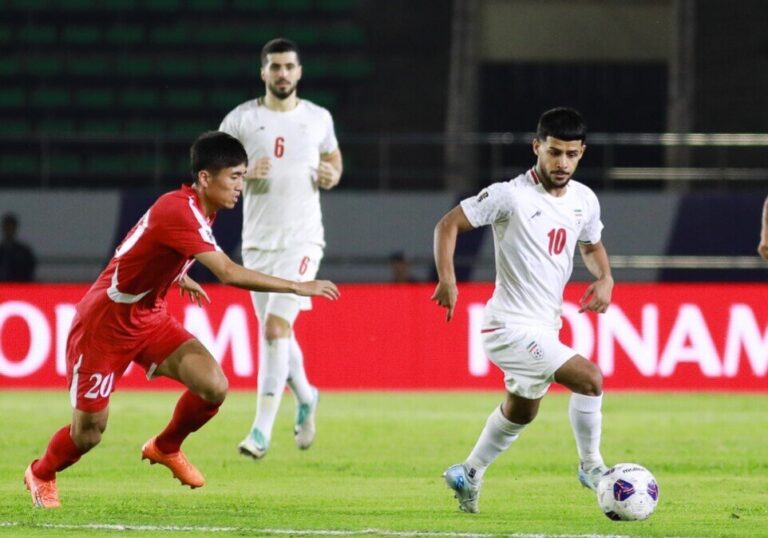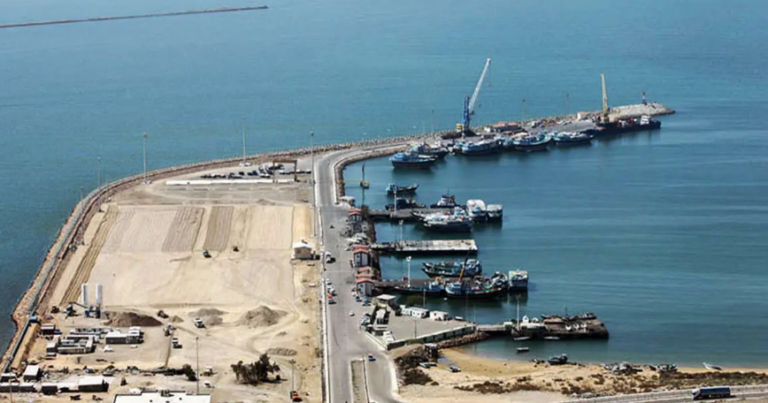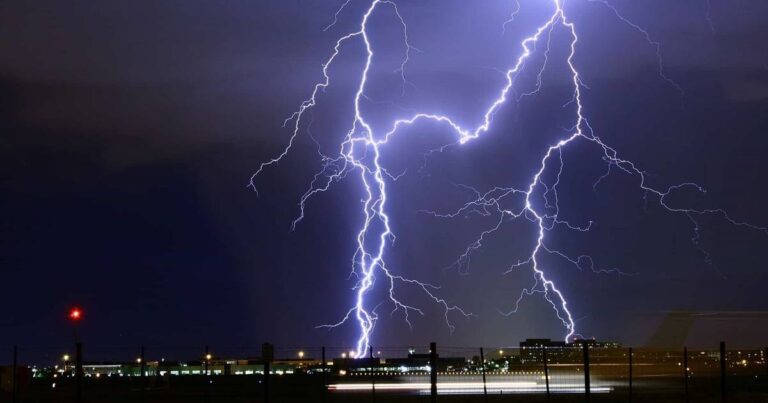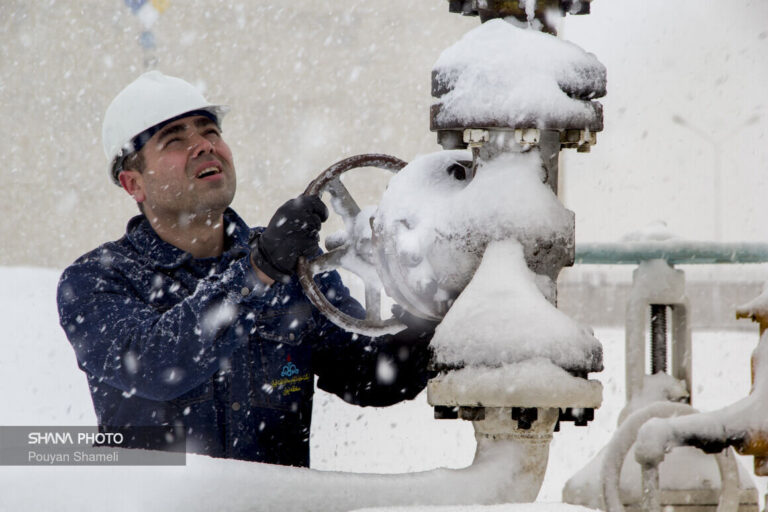Tehran and Moscow Set to Sign Landmark Agreement for Rasht-Astara Construction Project
In recent months, the collaboration between Iran and Russia has gained significant momentum, particularly concerning the North-South transport corridor. This mega project, which is pivotal for enhancing trade routes, has been the focus of continuous discussions between the two nations’ transport ministers.
According to reports from TASS news agency, Kazem Jalali, the Iranian diplomat, noted, “The Russian transport minister and his Iranian counterpart have repeatedly held consultations via video link on the project in recent three months.” This ongoing dialogue suggests a robust commitment to advancing their bilateral cooperation.
Jalali emphasized the importance of this initiative, stating, “They agreed on signing of the agreement on implementation of this project by this March, and we hope that we will be able to take first steps to fulfil it this year.” The timeline for these developments indicates a proactive approach to fostering economic ties.
Furthermore, Jalali remarked, “Cooperation between Iran and Russia develops successfully in all areas.” This statement underscores the broad spectrum of collaboration beyond just transportation, indicating a thriving partnership across various sectors.
Key Areas of Cooperation
As the relationship deepens, several key areas of cooperation have emerged:
- Transport Infrastructure: The North-South transport corridor is a significant project aimed at facilitating trade between Iran, Russia, and beyond.
- Energy Exchange: Jalali pointed out that preparations for Russia’s gas transfer to Iran are expected to conclude by the end of the current Iranian calendar year (March 20, 2025).
- Political and Security Relations: Strengthening ties in political and defense sectors has been a priority for both nations.
- Economic Developments: Significant progress in economic cooperation has been made, showcasing the potential for mutual benefits.
Jalali remarked, “Salient progresses have been made in the economic field between Iran and Russia,” highlighting the tangible benefits that arise from their partnership. He further noted that one of the most notable examples of this collaboration is the progress in the International North-South Transport Corridor (INSTC).
Banking Integration
Another critical aspect of the Iran-Russia alliance is the integration of their banking networks. According to Jalali, this development has effectively eliminated the need for SWIFT in transactions, streamlining financial exchanges and fostering smoother trade operations.
As Iran and Russia continue to strengthen their ties, the implications of their partnership are far-reaching. The establishment of the North-South transport corridor is set to enhance connectivity not only between the two nations but also with other countries involved in this trade route.
In conclusion, the ongoing discussions and planned agreements signify a strong commitment from both Iran and Russia to bolster their economic and political relationships. As they move forward with projects like the North-South transport corridor and energy cooperation, the potential benefits for both countries appear promising.
With the groundwork laid for future developments, stakeholders from both nations are optimistic about the direction of their collaboration. The anticipated gas transfer, improved banking relations, and the implementation of the transport corridor are expected to lay the foundation for a more integrated and prosperous partnership.
As the situation evolves, it will be essential to monitor the progress of these initiatives, as they represent a crucial turning point in Iran-Russia relations. With strong leadership and a shared vision, both nations stand to gain significantly from their cooperation in the coming years.
MA/PR
